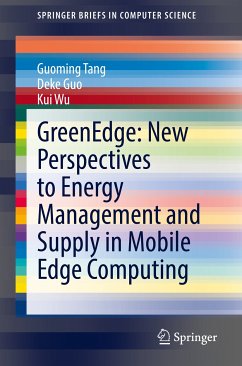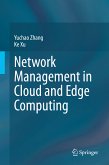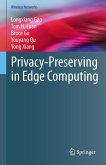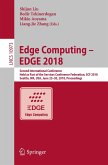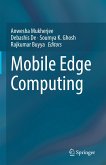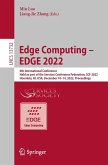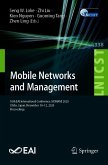Embracing this trend, however, mobile users, infrastructure providers, and service providers are all faced with the energy dilemma. On the user side, battery-powered mobile devices are much constrained by battery life, whereas mobile platforms and apps nowadays are usually power-hungry. At the infrastructure and service provider side, the energy cost of edge facilities accounts for a large proportion of operating expenses and has become a huge burden.
This book provides a collection of most recent attempts to tackle the energy issues in mobile edge computing from new and promising perspectives. For example, the book investigates the pervasive low-battery anxiety among modern mobile users and quantifies the anxiety degree and likely behavior concerning the battery status. Based on the quantified model, a low-power video streaming solution is developed accordingly to save mobile devices' energy and alleviate users' low-battery anxiety. In addition to energy management for mobile users, the book also looks into potential opportunities to energy cost saving and carbon emission reduction at edge facilities, particularly the 5G base stations and geo-distributed edge datacenters.
Dieser Download kann aus rechtlichen Gründen nur mit Rechnungsadresse in A, B, BG, CY, CZ, D, DK, EW, E, FIN, F, GR, HR, H, IRL, I, LT, L, LR, M, NL, PL, P, R, S, SLO, SK ausgeliefert werden.

